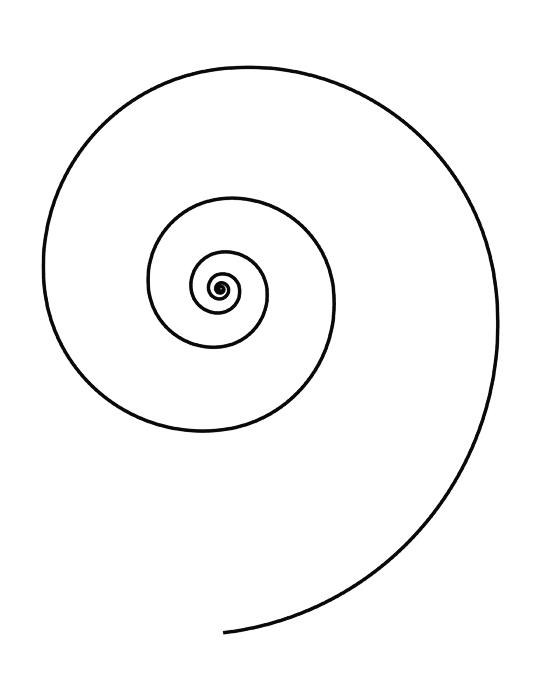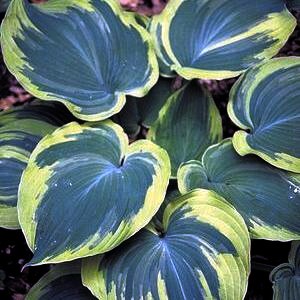|
|
LITR 3731 Creative Writing 2009 Student Poetry Submissions w/ Revision Accounts |
|
Peter Becnel
Self-Righteous Society
The farmer cradled
in warm palms
a single
generous
seed.
He looked around
the fertile ground
then knelt
deliberately.
He placed his babe
deep in the earth,
covered
thoughtfully,
and when he
later made
his rounds—
A birth!
He found
a noble sprout!
The righteous
bud of industry.
Mother music box
drones,
mechanical
symphony—
fully exposed.
Massive metal
hummingbird wings
drive—
Rumplestiltskin’s
sewing machines.
An electric piping
prima ballerina
seams toxic flora—
Rolling white paper,
blowing smoke rings.
Incendiary seminal
sticks of chemicals
consumed
entirely.
Hungry minds
can hardly wait
for lungs’
delivery.
Promethean fire
in the palms of
our hands.
The power to
alter what
we understand—
there’s nothing
worth nothing
to burn or
to ban.
Self-Righteous
Society.
Revision Account
I originally intended to name this poem—Ode to the Good People of RJ Reynolds USA, and then I crafted it under the working title—The Virtues and Values of Smoke Filled Lungs. It wasn’t until I actually finished the poem that I decided to name it Self-Righteous Society. I was inspired to write this poem from a number of sources, all which have been working in my mind for quite a while. I have smoked over 30,000 cigarettes in my life, not a single one has ever been defective. I wrote the poem to pay tribute to the mechanical genius who invented the cigarette rolling machine, and the countless other brilliant men who have improved upon his idea to give America its great cigarette factories. I wrote the poem to pay tribute to the evolution of man, the fact that he is now capable of growing and mass-producing, nearly to the point of perfection, a bundle of naturally occurring chemicals that may then be activated by flame and inhalation. I wrote this poem in tribute to Ayn Rand, and all other people who have demanded excellence from themselves unyieldingly, and regardless of society’s perceptions of them. I wrote this poem because of a widely held misconception perpetuated in every aspect of society; that people smoke because they think it is cool. Find me a smoker, anywhere in the United States who is perceived as cool with a cigarette in his mouth, and I will tell you about how cool it is to have an infectious disease that is contagious through the air.
Poems, like all writing, are a coordinated effort of the conscious and subconscious mind. The conscious mind collects knowledge and information. Some of this information is held in consciousness, but most of it is “buried” in the subconscious where it is left to grow. Much like a garden, or plantation, the subconscious is like soil. Some people have a more fertile subconscious than others, but you can improve your subconscious the same ways that you would improve your plantation. The writer must foster a system of harmony by collecting “seeds” of knowledge or information that are able, by working together, to create greater yields. It is essential that the conscious mind collects information that grows in harmony; too much equal competition on a plantation will weaken or destroy the entire crop. It is possible to fertilize and water the soil of your subconscious mind—read and write. By making your subconscious more familiar with the processes you will improve its tendency to produce quality crops. Crops produced by your subconscious mind are not by themselves works of art. Rather, they are the raw material from which works of art are made—much like tobacco plants harvested from the soil are the raw material from which cigarettes are made. The conscious mind must then harvest and process the raw material into the product. (This is very much like weaving straw into gold.) I could go into much greater detail about this process, but I do not have enough room. I would like to mention Evolutionary Science, specifically the study of “memes”—a term used to describe the way that evolutionary selection is reflected in the manner in which ideas introduced into society may flourish or die.
The response that I received from my wildly controversial poem was not nearly as heated as I believed it would be. I sent my poem to two of my three sisters for revision, and from them I received the following responses:
Melissa: (My loving sentimental older sister, a wildly talented musician who is working on her Masters in music from the Eastman School of Music in Rochester New York)
“I really enjoyed the poem. I actually sat and contemplated it for a while. I really enjoyed the first stanza and the last stanza. I especially liked the choice of Rumplestiltskin and Prometheus' Fire! Those are such great images and conjure up so many thoughts. I'm with you on the first and last stanza, but I get lost somehow in the middle of the poem. The first stanza was so vivid and touching to me. It was like I knew the farmer myself and seemed very sentimental. The last stanza articulates a vision so clearly; the vision of Prometheus giving life to mere mortals through fire that he stole from Zeus! As if we could capture a feeling like that.”
Melissa’s suggestions were very helpful to me because she let me know that my imagery worked. By simply connecting the images that she cites in her response it is possible to derive much of the meaning that I intended in the poem. She also sent up a red flag that I needed to do some clarification work on the middle stanza and make the imagery more direct.
Melanie: (My 19 year old younger sister, who is all-around brilliant.)
Very interesting… I’m really not all that sure what to say. I liked the image of the hummingbird with giant metallic wings driving the machinery of a man capable of "magically" turning straw into gold. I liked the beginning and the idea of the “farmer” planting the “seed” of industry, the progression from the time of predominate agriculture to the boom of industry, and that it was caused by the farmer himself. I liked the use of the word “thoughtfully” to describe how he covered the seed. Good contrast and union of the natural with the man-made to form this “self righteous” society. Rumplestiltskins is one word.
She got me Dr. White! She is right, Rumplestiltskin is one word. You have got to love your brilliant little sister. In my original draft I wrote it as if his first name were Rumple. Thank goodness I sent it to Melanie. She was a great help to me because she specifically told me that she understood what my poem is implying, and she noticed what so many of my revisers missed. Melanie, more than anyone else, understood what it was about.
Paul: (from class)
Paul was incredibly helpful too—more than anyone else he highlighted the things that I needed to change to make my poem better. I took almost all of his suggestions; he recommended that I remove several of the commas, an example:
The farmer cradled
in warm palms
a single, This comma creates an awkward pause.
generous,
seed.
the red is Paul. He recommended punctuation changes in a number of places, and I absolutely agree with them. Actually his revision suggestions inspired me to remove many commas from the piece to improve its flow. Another suggestion that he made that was of great value to me was:
Mother music box
drones,
no cover. I’m not sure what the music box is, but I especially can’t tell understand the “no cover” line. Do we think of music boxes as being covered in general?
The answer is NO we do not! Paul is right. I wanted to convey that the mechanisms were visibly working, and after taking into account the fact that neither Paul, nor Melissa understood this particular image I decided to rework it. The result was a much more specific line that flowed just as well.
I resisted adding anything to the poem, with the exception of a few extra words in the second stanza for the sake of clarity. My first priority in writing this poem was economy.
The current status of my submission is—done. It is not a part of a larger work, and I am not interested in publication or circulation of any kind. I wrote this poem mainly to express a complex idea for myself. If I were to identify the predominant strength in my poem it would be—that it would take me numerous pages to detail specifically all of its direct implications (meanings and alternate meanings that I deliberately crafted when I wrote it), and that I could not express them in any other form. I packed my poem as full of ideas as I could, and I stuck with the truth.




